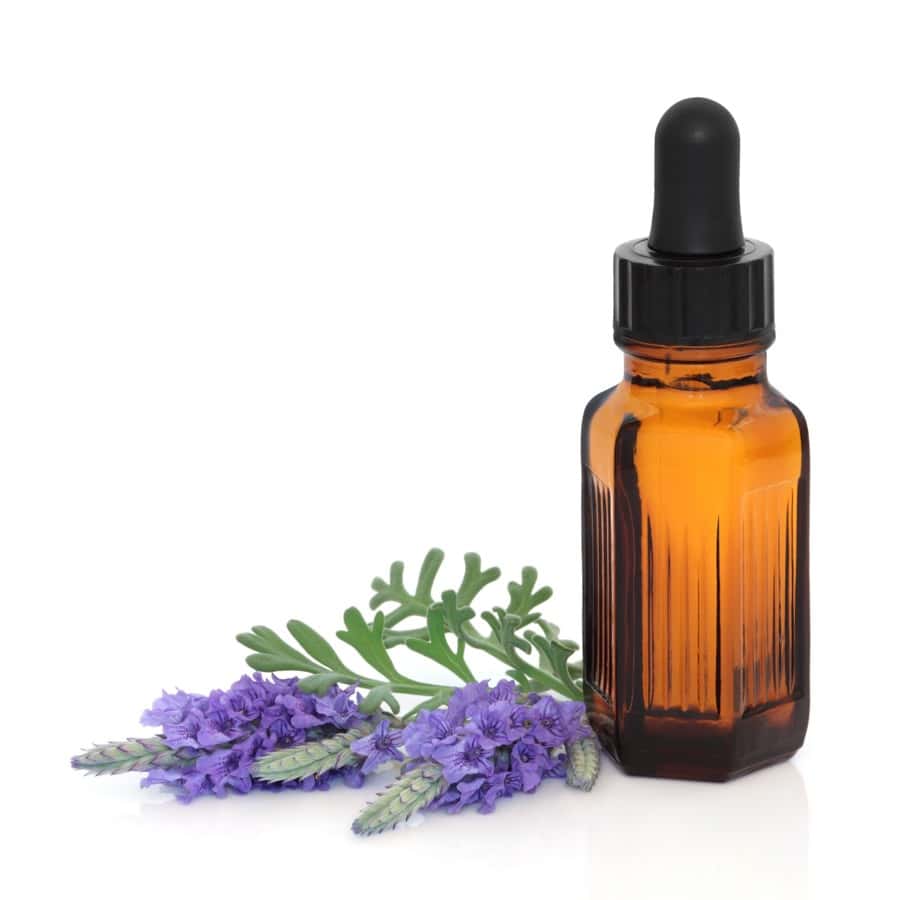
Many people think of lavender as a calming herb. Research in mice now shows that this reputation goes beyond folklore. A whiff of lavender has anti-anxiety effects.
How Do Mice React to a Whiff of Lavender?
When scientists exposed mice to the fragrant component linalool from lavender, they found that the mice acted less anxious (Frontiers in Behavioral Neuroscience, Oct. 23, 2018). Unlike a benzodiazepine such as alprazolam that also reduces anxiety, linalool does not affect the animals’ ability to move around.
Sniffing a Whiff of Lavender:
Linalool works through the sense of smell, since animals with an impaired sense of smell did not respond to linalool. The investigators hope their linalool research will lead to better anxiety treatment for humans. People facing surgery or other frightening situations could certainly benefit from an anxiety treatment with fewer side effects than current medications.
Other Uses for Lavender:
Visitors to this website have been using lavender as a home remedy for a range of problems. Some people are enthusiastic about lavender oil for restless legs syndrome. Others report that applying lavender oil eases foot and toe cramps. Readers and researchers both report that a whiff of lavender can help people fall asleep more easily. One person found that applying lavender oil resolved a persistent itch.
Downsides of Lavender Oil:
Those who plan to apply lavender oil rather than simply taking a whiff of it should be forewarned that some components of this essential oil have hormonal effects. Blocking the action of male hormones may have undesirable side effects for boys and men. In addition, up to 20 percent of Americans may develop an itchy rash (contact dermatitis) when they apply lavender oil (Dermatitis, Sep/Oct. 2017).

